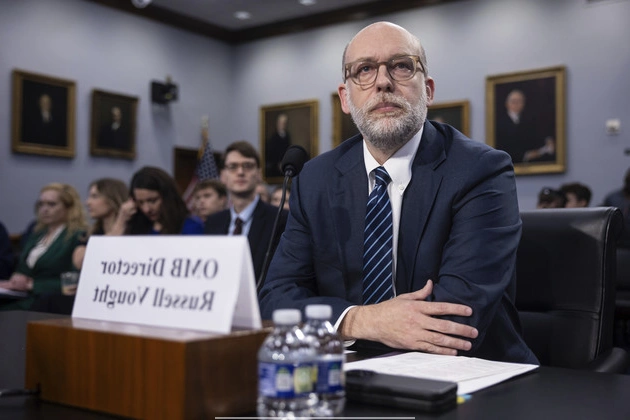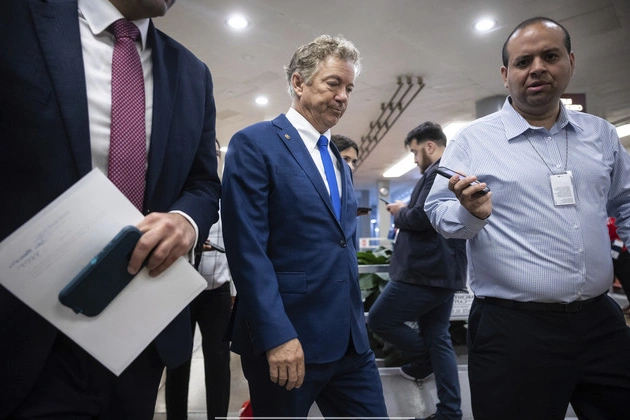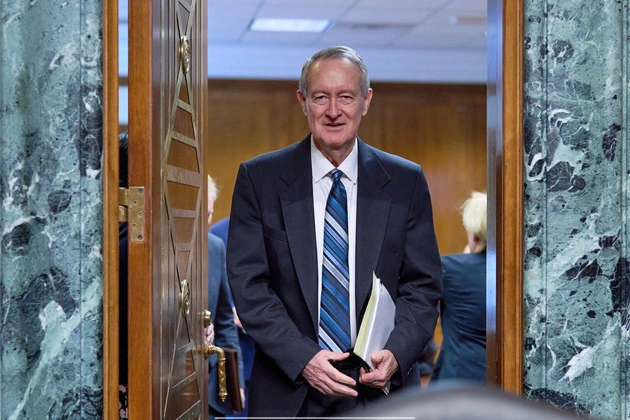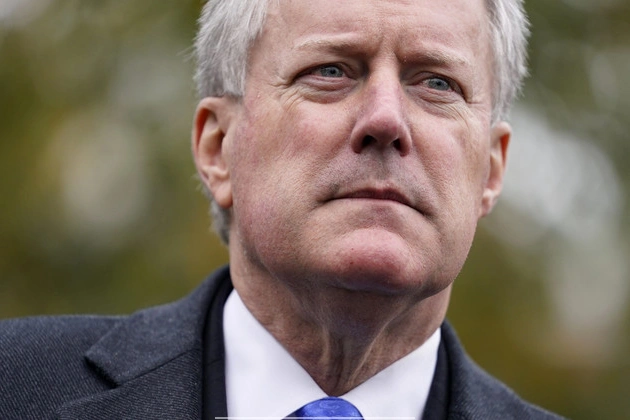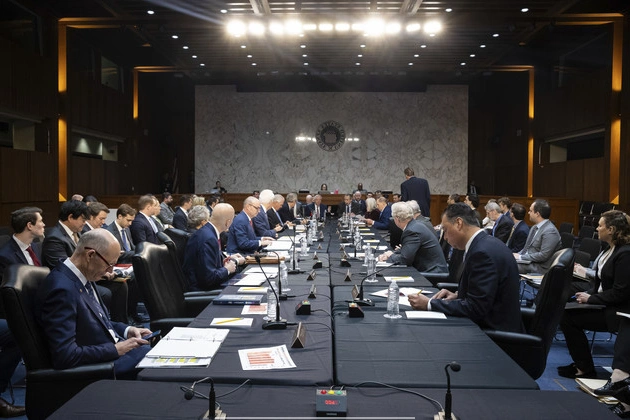
Senate Republicans Push Forward
Senate Republicans cleared a major hurdle on Wednesday as the Budget Committee approved the fiscal framework essential for advancing President Trump’s policy agenda. The 11-10 party-line vote sets the stage for a comprehensive package encompassing energy, border security, and defense policies through the budget reconciliation process.
House GOP Struggles
Meanwhile, House GOP leaders faced challenges rallying support for their more expansive plan, which includes trillions of dollars in tax cuts alongside similar policy initiatives. The House Budget Committee is gearing up for a crucial markup on Thursday morning.
Unifying Priorities
Both chambers of Congress must eventually converge on a unified budget blueprint to bypass the Senate filibuster and advance Trump’s ambitious agenda in a closely divided Congress. Senate Republicans celebrated a significant milestone by advancing a streamlined bill independently of broader legislation.
Path to Reconciliation
The Senate budget markup, a lengthy process, marks the initial legislative step in the intricate reconciliation process. Democrats, anticipating the upcoming floor debates, introduced over 45 amendments during the committee meeting, reflecting their strategic approach.
Debating Fiscal Issues
Democrats proposed various amendments focusing on fiscal matters, challenging Republican plans to reduce spending by $1.5 trillion over a decade to offset tax cuts. Senator Tim Kaine raised concerns about potential cuts affecting healthcare access, emphasizing the human impact.
Kaine’s amendment aimed to prevent healthcare coverage cuts without a clear estimate of the affected population, but Senate Republicans rejected it, citing procedural concerns.
Partisan Showdown
Senator Patty Murray’s amendment to eliminate GOP’s unilateral spending plans via reconciliation was also defeated, underscoring the partisan divide. Murray advocated for bipartisan cooperation on funding issues, advocating for a balanced approach.
Funding Priorities
While Democrats pushed for equal increases in defense and domestic spending, Republicans emphasized prioritizing defense funding without corresponding domestic boosts. The ongoing negotiations highlight the contrasting stances on budget allocations.






